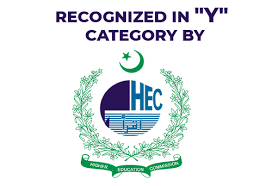Article | Open Access | Published: 30 May 2009
The Formation of the Post-Colonial Indian State in Soviet Historiography: The Interplay between the Ruling Ideology and the Writing of History
| Views: | 186 | | | Downloads: | 186 |
Abstract:
India gained her independence from British rule in August 1947, and her Constitution came into force in January 1950. These important events opened up a new page in the history of Indian state development and also ushered onto the world stage a defining era of decolonization. Moreover, India was amongst the first colonies to endorse the so-called "civilized divorce" from her former colonial power, which promoted the smooth and gradual shift towards her sovereign status. Therefore, the events, which ultimately led to Indian independence and the formation of the post-colonial state, have been previously documented by historians of various schools of Indian history in different parts of the world. The present paper will discuss the formation process of Indian state sovereignty during 1947-1950, as it had been imagined, studied, and constructed by Soviet historians. It is important to study this issue in the light of Soviet historiography to recognize this interpretation of the past as an example of the relationship between history-writing the ruling government ideology. In addition to providing a detailed analysis of Soviet historiography on the status of post-colonial Indian state formation and sovereignty, this paper seeks to identify key moments in the development of Soviet history-writing in the post-war period, which can be useful in helping us to discern some of the main themes and intricacies of Indian state formation from a Soviet perspective.
Keywords:
Ideology, Post-colonial State, Indian State, Soviet Historiography Formation
Publisher:
ILMA UNIVERSITY
Published:
30 May 2009
Issue:
Issue 1 : Volume 5
E-ISSN:
2409-6520
P-ISSN:
2414-8393
This is an open access article distributed under the terms of the Creative Commons Attribution CC BY 4.0 license, which permits any use, distribution, and reproduction of the work without further permission provided the original author(s) and source are credited.














